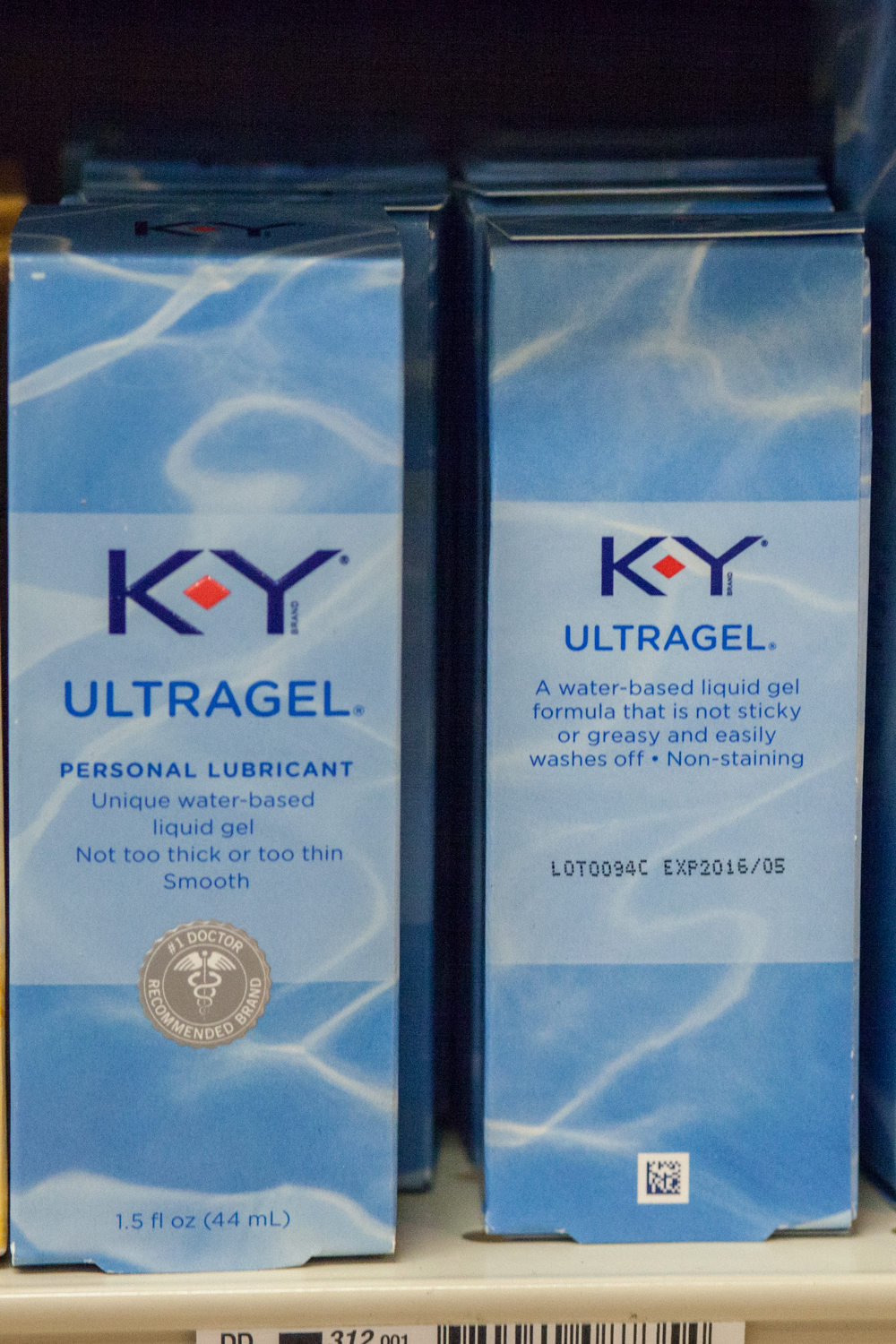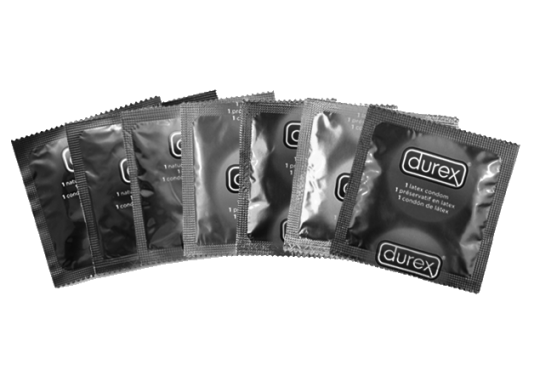
Lube: what is it good for? Absolutely everything. I mean it; lube is highly under-utilized. Personal lubricants are one of the best and most important tools to have ready in your sex drawer arsenal. Not only that, you can use lube, particularly silicone lube, for non-sex related things from taming frizzy hair to greasing bike chains and door hinges.
So, why am I about to give you all of this information about lube? Because college students think they don’t need to use it.
“I always see lube in the condom aisle when I go to the drugstore,” sophomore Pocahontas said, “but I don’t pay much attention to it because I feel like people use it when they have sexual issues, like after menopause.”
Yes, it’s true, lubricants are often used when the body can’t or doesn’t produce enough of its own natural lubricants, in cases such as vaginal dryness or anal sex. However, lube can be used to supplement what you’ve already got going for you. Lube doesn’t necessarily even have to be used to help move things around. For example, adding a touch of lube inside of a condom can make it feel like you’re not wearing a condom at all.
“I’ll admit it,” senior John Smith said, “I love to use lube when I masturbate. In fact, I can’t go back to not using it.”
Lube’s silky and slick consistency can add an entirely new sensation to partner-sex and solo-lovin’. You can use lube to masturbate with, assist with a handjob or oral sex and even during a whole-body rub down instead of using massage oil.
There are so many kinds of lube to choose from and sometimes it’s difficult to know where to begin. There’s water-based, silicone-based, oil-based, thick, thin, creamy and flavored. For the record, water-based and silicone-based lubes can, I repeat, can be used with condoms. Products that will degrade latex and cause condoms to break are oil-based lubricants, cooking oils, hand lotion and petroleum jelly.
I am going to be honest; I am a silicone-based lubricant promoter. Although there are some downfalls, in my opinion, the benefits outweigh the costs. Let’s start with the benefits.
Silicone-based lubes are often silkier and thinner than their water-based counterparts. Unlike water-based lubes, they won’t get sticky or smelly. Also, silicone-based lubes last longer because they don’t get absorbed by your body, creating an ultra-slick layer of fun that won’t evaporate. This means that it won’t get washed away easily making some sex acts, such as shower sex, a breeze (since most times water washes away natural or water-based lube).
There are two downsides to silicone lube. The first being that you can’t use it with silicone toys because it will break down the silicone of the toy. Second, it’s harder to clean off of surfaces and can even stain. I don’t mean a chocolate sauce sort of stain that comes off with stain remover, I mean leave-a-handprint-on-your-brand-new-couch kind of a stain (note: sometimes citrus juice can come to the rescue to help clean up). But if you’re really worried about stains, stick with water-based lube.
So, before you go out and buy a “tube o’ lube” please, I beg of you, check the label for glycerin and parabens. This is especially important if you are planning to buy lube from a drugstore, since they do not pay attention to the ingredients like most sex shops do. These ingredients can cause irritations and even infections.
Just remember, singer Paul Simon knew what he was talking about when he said, “You know you’re nearer your destination, the more you’re slip slidin’ away.” So, keep him in mind and, as always, have fun!






